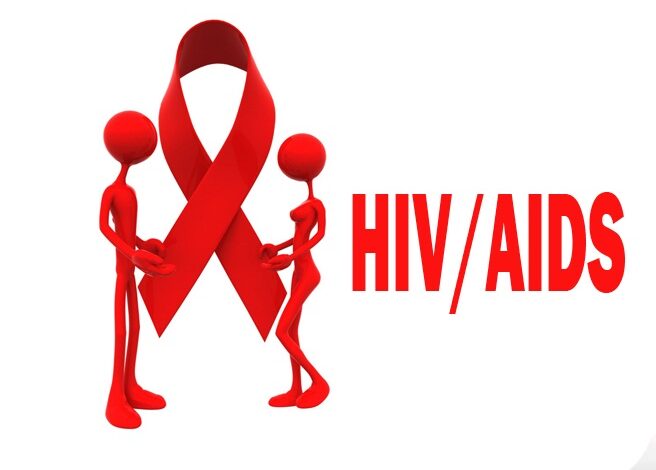The Ghana HIV and AIDS Network (GHANET) has announced that nearly 34,000 people have been diagnosed with HIV in just nine months.
Ernest Amoabeng Ortsin, President of the Network, shared this information during an interview.
He explained that this number reflects individuals who may have been living with the virus for five to ten years but are receiving a diagnosis for the first time.
“In 2023, the estimates indicate that approximately 17,740 new infections occurred—those who contracted the virus for the very first time. The 34,000 figure refers to newly diagnosed individuals,” he clarified.
Mr. Amoabeng pointed to several significant factors contributing to the increase in HIV infections.
“A new generation of young people is growing up with limited knowledge about HIV/AIDS, and this lack of awareness is a contributing factor,” he noted.
He also mentioned that complacency is a rising issue, as many people understand that individuals living with HIV can manage the virus effectively with antiretroviral treatment, often showing no symptoms.
“People are becoming complacent because those living with HIV no longer exhibit the symptoms that were common in the past, such as significant weight loss or skin rashes, thanks to effective antiretroviral medications,” he explained.
Furthermore, Dr. Stephen Ayisi-Addo, Programme Manager of the Ghana National AIDS Control Programme (NACP), emphasized that the high rates of HIV/AIDS are linked to low contraceptive use and inadequate family planning among the public.
Research has shown that sexual behavior differences between genders, marital status (especially among the widowed, divorced, or separated), and variations in premarital sex practices contribute to the spread of HIV/AIDS in Ghana.
Various strategies have been proposed to combat HIV transmission in Sub-Saharan Africa, which accounts for over 70% of global HIV cases.






